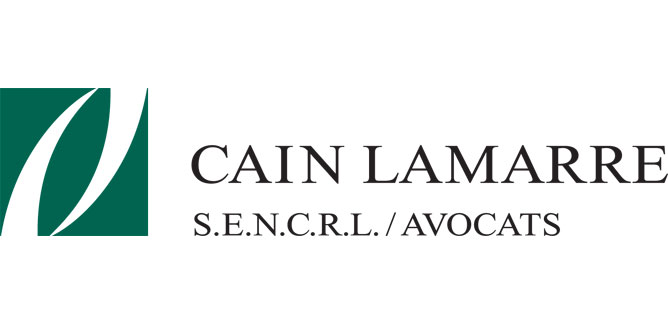In certain circumstances when a tenant fails to comply with the terms of a commercial lease, a landlord can terminate the lease and evict the tenant without going to court. That is the case when a provision in the lease grants the lessor the right to do so. But what happens when the tenant's failure to pay is the result of the landlord's negligence? In a recent decision, the Court of Appeal addressed that question.[1]
In this case, the tenant's restaurant was not profitable. Indeed, the tenant was having difficulty paying his rent on time and had accumulated arrears of approximately $80,000.
On December 23, 2015, perhaps inspired by the spirit of Christmas, the landlord agreed to amend the lease. The amendment provided for a reduction in rent and the repayment of arrears in monthly installments over a long period of time, without interest. In return, the amendment gave the lessor the right to terminate the lease if the lessee failed to pay the agreed upon rent and monthly installments.
The next night was Christmas Eve. The restaurant was in full swing when a supply pipe in the building's cooling system broke, causing a major flood in the restaurant. The damage caused was so extensive that the premises become unfit for the purpose for which they were rented. A flurry of proceedings ensued, with each party claiming damages from the other. Two lessons emerge from the Court's judgement.
First of all, the Court noted an important limitation of liability clauses (frequently drafted for the benefit of the landlord), and that is that a liability clause cannot be invoked to acquit the lessor of gross neglect, i.e. a fault that indicates on the part of the person responsible a carelessness, imprudence or gross negligence.
In this case the tenant was seeking, among other things, compensation for food lost as a result of the flood. However, under the terms of the lease the landlord was not liable for any damages that occurred in the rented premises. The trial judge set aside that clause and found against the landlord, ruling that he had committed gross negligence by not having his building's plumbing system maintained by a plumber. Instead, the landlord hired a firm specializing in compressors, ventilation, heating and refrigeration for buildings. According to the judge, a simple visual inspection by a plumber would have detected the presence of the leak, and thus the flood could have been prevented.
His finding was upheld on appeal.
The Court also noted that in this particular case the landlord's gross negligence prevented him from terminating the lease in extrajudicial fashion. Shortly after the flood, the tenant informed the landlord that he would not pay rent as long as the premises remained unusable, as stipulated under the terms of the lease. Moreover, the tenant would also suspend reimbursement of arrears for the same period. Faced with the tenant's repeated refusal to pay the rent and arrears, the landlord unilaterally terminated the lease, evicted the tenant and had the locks on the premises changed. In presenting his case to the Court, the landlord claimed the rent that was due until the end of the lease, while the tenant filed for loss of profits and other damages suffered as a result of terminating the lease.
The Court of Appeal noted that a specific article in the lease stated that the obligation to pay rent is suspended in the event of an incident such as the flood. The tenant was therefore within his rights in refusing to pay the rent. That same article also stated, however, that the tenant's obligation to reimburse all arrears due is not suspended when such an event occurs. The Court held that those reimbursements were to be paid out of the restaurant's operating revenues, but since the landlord's gross negligence prevented the restaurant from operating, it was impossible for the tenant to make the payments in question.
For that reason, the Court concluded that the tenant was not in default under the terms of the lease. Therefore, the landlord could not use non-payment of arrears as a reason to terminate the lease, evict the tenant and change the locks on the leased premises. In doing so, the Court Court concluded that he had abused his rights, and upheld its ruling that the landlord compensate the tenant for the difficulties and inconvenience he suffered.
In our view, this decision is significant on two counts:
- It reminds lessors to be very careful when opting for extrajudicial termination of a lease, as the situation can turn against them if they do not comply with the terms of the lease agreement;
- It appears to broaden the notion of "gross negligence", given that the landlord in this case had indeed had his system inspected by a specialized firm. The Court, however, ruled that negligence on the landlord's part.
From now on, the landlord will have to careful in the management of his building and also when making any decision to evict, even if he is acting in good faith!
Julien Poirier-Falardeau
Avocat

[1] 9145-0692 Quebec Inc. vs. 9162-8974 Quebec Inc., 2022 QCCA 933.

